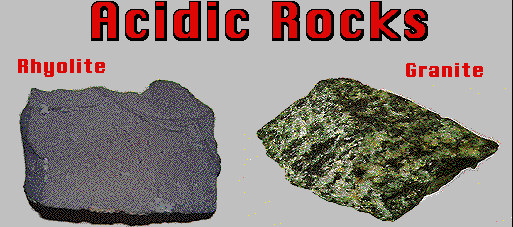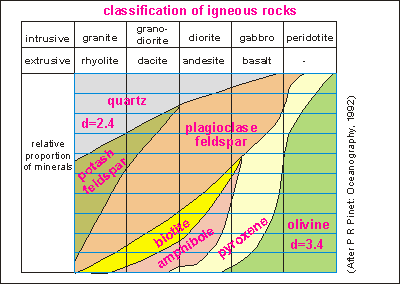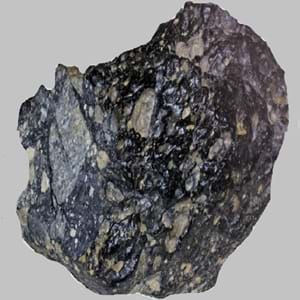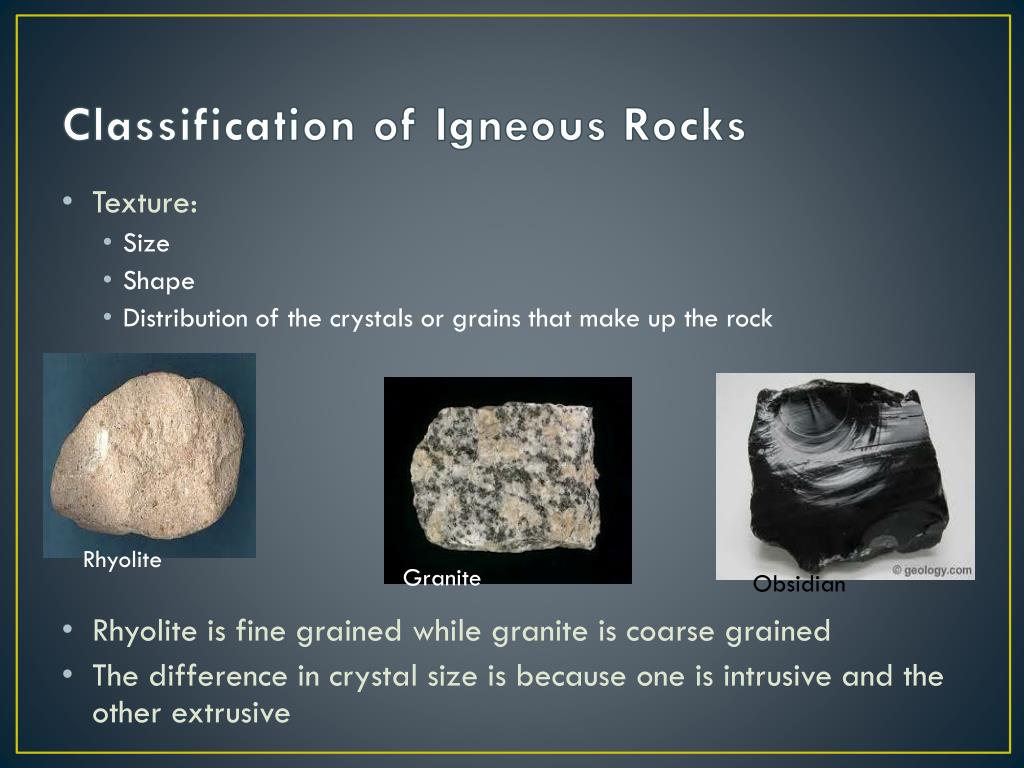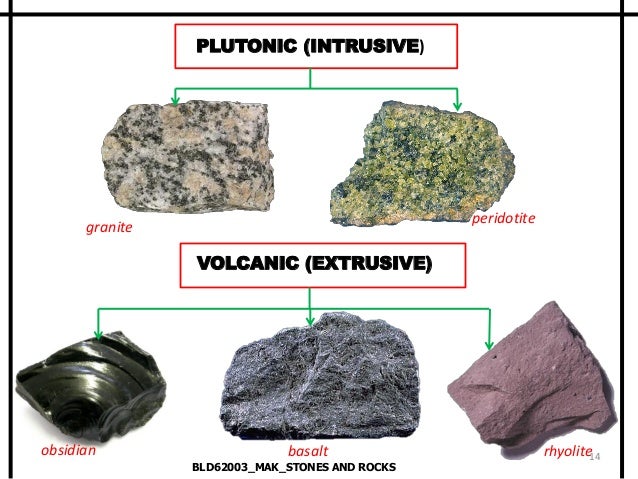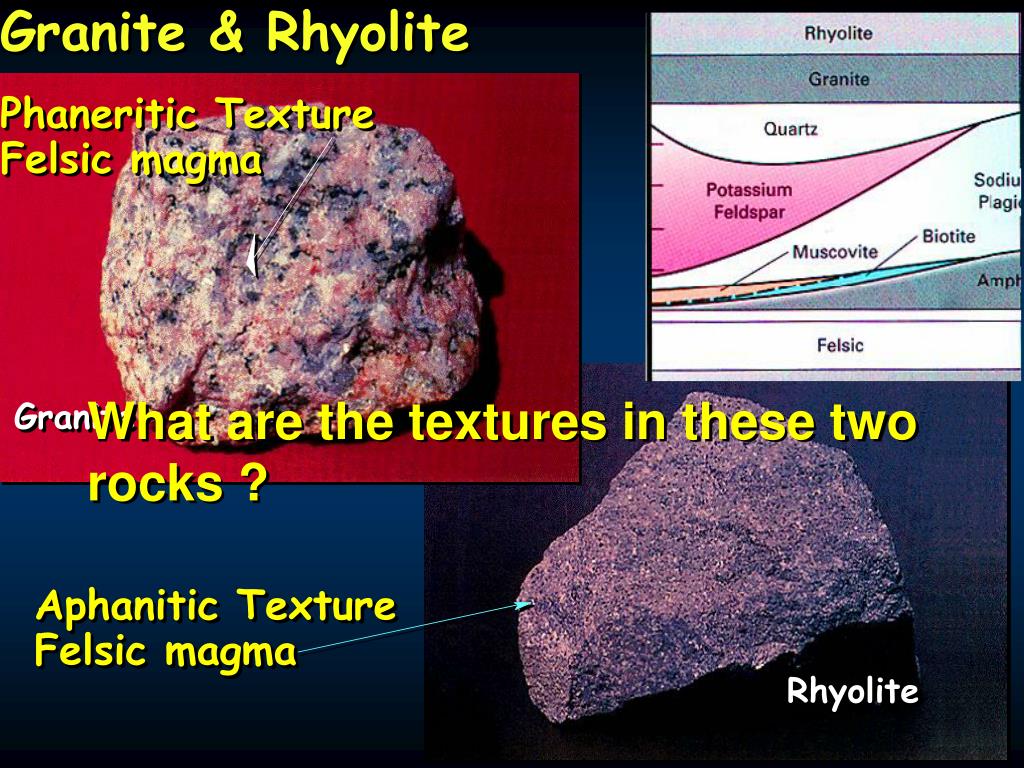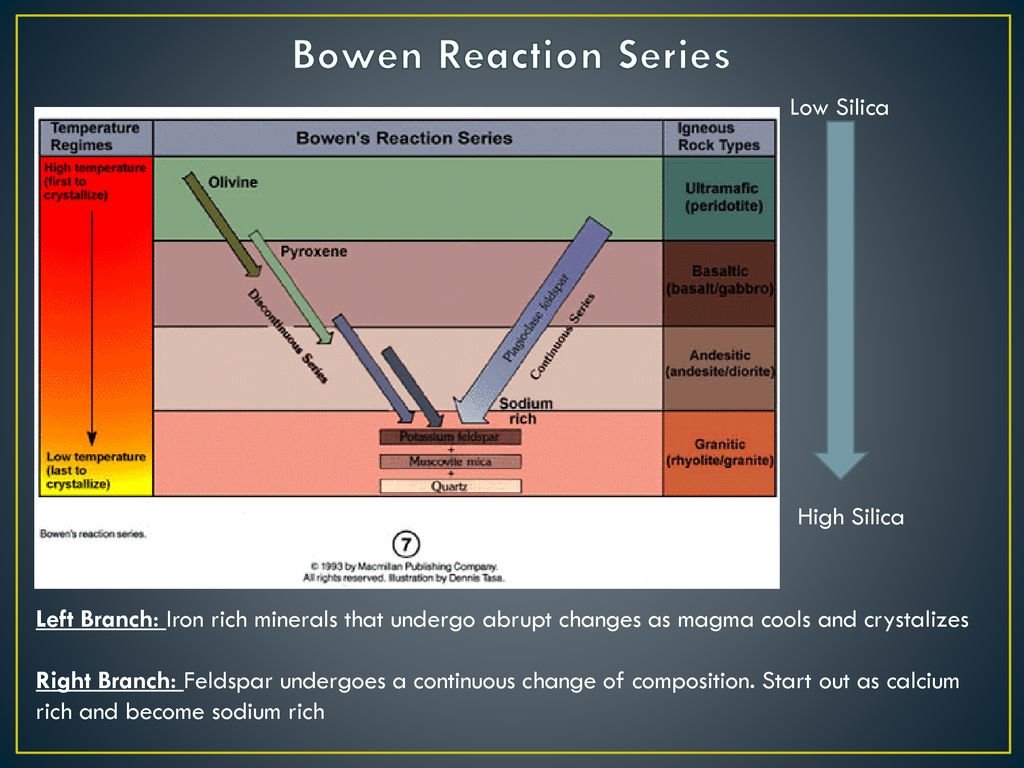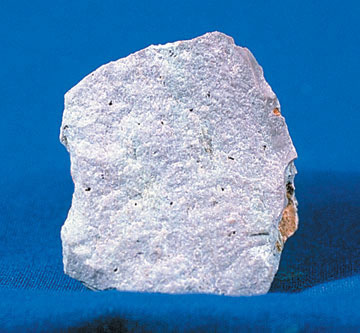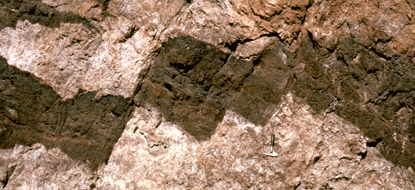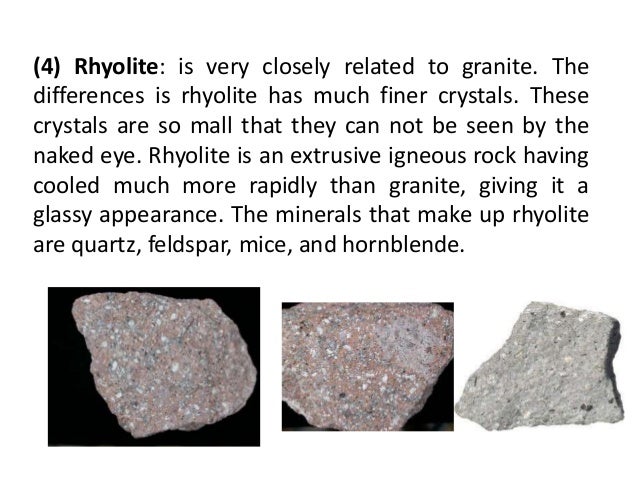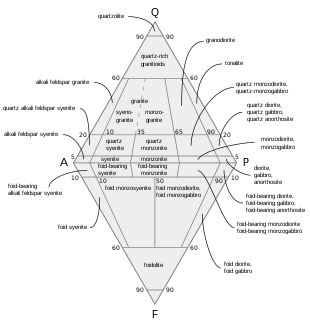Granite would be more resistant to decomposition as compared to rhyolite because rhyolite is a fine grained rock and granite is a coarse grained rock.
Which is more weather resistant rhyolite or granite.
A more precise definition is used by petrologists geologists who specialize in the study of rocks.
Granite tends to be more stable to weathering conditions.
The streak of granite is white while that of rhyolite is colorless.
Depending on the properties like hardness toughness specific heat capacity porosity etc rocks are resistant to heat wear impact etc granite is heat resistant wear resistant.
The chemical composition as well as the formation of granite inside the earth s surface produces an incredible material that is valued for its looks and physical properties.
It has even started replacing marble because of its more durable qualities and resistance to weather and acid rain.
Though a very common rock granite is far from ordinary.
In such cases the rock may consist principally of well developed large single crystals phenocrysts at the time of extrusion.
Rhyolite is similar in composition and appearance to granite but it forms through a.
Rhyolite is a felsic silica rich volcanic igneous rock composed with the same mineral content as granite only while in the molten rock form unlike granite it cools fast extrusive type near or over the surface of earth s crust when these magmas erupt a rock with two grain sizes typically form.
The word granite is used in a variety of ways by different people.
The specific heat capacity of granite is 0 79 kj kg k and that of rhyolite is not available.
Please don t take this as always true but it is a close enough estimate in most cases.
Crystallization may sometimes have begun while the magma was deeply buried.
Granite is extremely hard and less affected by the freeze thaw cycle the forces of abrasion and the surface exfoliation processes that are all a part of physical weathering.
Since granite is an igneous rock this makes it highly resistant to weathering.
Rhyolite extrusive igneous rock that is the volcanic equivalent of granite most rhyolites are porphyritic indicating that crystallization began prior to extrusion.
So if we assume the above to be true then the only difference between the rocks is that one is plutonic and the other is volcanic.
Granite is extremely resistant and sandstone a little less so due to the percentage of quartz that each rock type contains.
Multiple definitions of granite.
The rock received its name from german geologist ferdinand von richthofen better known as the red baron a world war i flying ace the word rhyolite comes from the greek word rhýax a stream of lava with the suffix ite given to rocks.
The major component of quartz orthoclase muscovite and biotite are the in order of resistant to decomposition.
The larger crystals that form just beneath the surface cool at a slower pace and are.
And the definition of granite expands wildly when used by people who sell dimension stone such as countertops tile and building veneer.
Rhyolite is a silica rich igneous rock found throughout the world.
So i m going to make a general comment and say that a granite is genetically the same has the same composition as a rhyolite.
